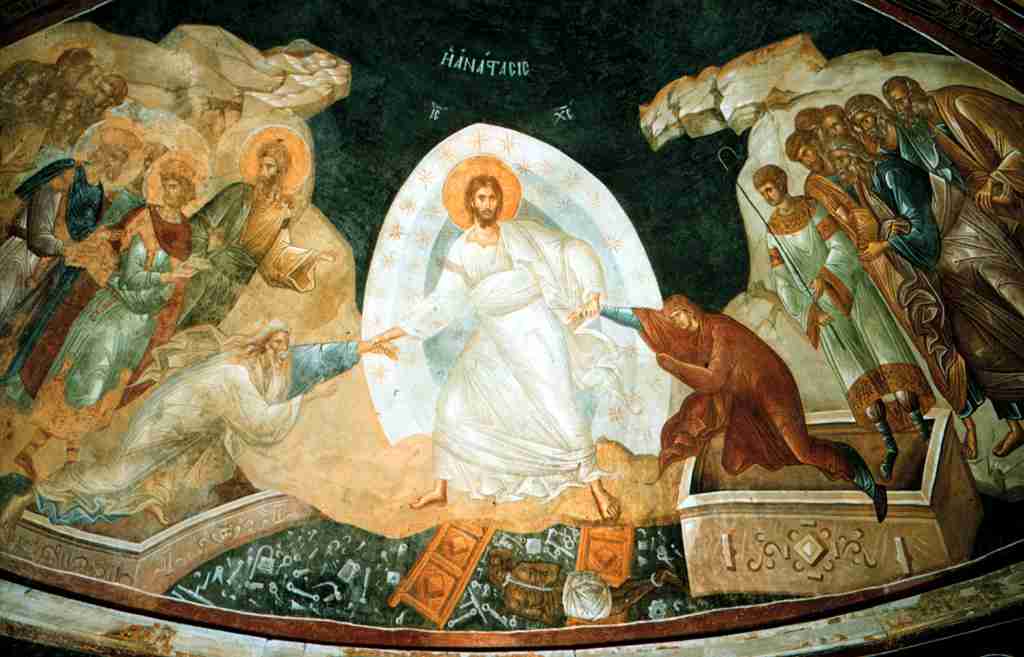UPDATE: Here is the paper that I gave at the 2019 Karl Barth Graduate Student Colloquium at the Center for Barth Studies at Princeton Theological Seminary.
INTRODUCTION: “GENTILES” = “WORLD” IS WORSE THAN “ISRAEL” = “CHURCH” On at least one level, Karl Barth’s Römerbrief reading of Romans 9–11 is supersessionist. In general, especially in the second edition, when Paul refers to “Israel” in Romans 9–11, Barth refers to the “Church.”[1] He replaces Israel with the Church. That’s supersessionism, case closed. Right? Well, yes and no. It has become increasingly common to at least mitigate or nuance the charge of supersessionism against Barth’s reading of Romans 9–11. Various scholars have broadly argued that, yes, Barth’s handling of Romans 9–11 at least leaves the door open for at least a certain kind of supersessionism, but, no, he wasn’t being quite as careless with Israel as it might initially seem.[2] By and large, I agree with these assessments. Barth should have said more about the actual people and history of Israel, but he wasn’t trying to merely displace Israel with the Church, as if the latter were superior and the former were forgotten. He was trying to bring Israel and the Church together in solidarity, in opposition to the arrogance of the Church.
...



